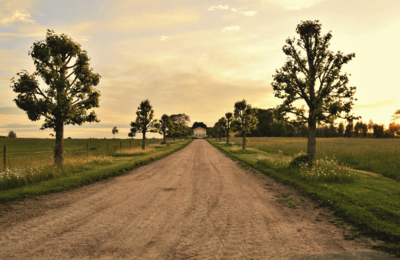Rural Real Estate FAQ | Homes & Outdoor Lifestyle
❓ Rural Real Estate FAQ

Thinking about country living? Rural properties offer space, privacy, and a close–to–nature lifestyle—but they also have unique considerations. Here are the most common questions and answers to help you navigate the process.
🌾 Zoning & Land Use
What’s the difference between rural residential and agricultural zoning?
Rural residential parcels (1–10 acres) are intended for a single home with accessory buildings. Agricultural zoning is for farming and typically requires larger minimum acreages, specific setbacks, and limits on residential density. Check your county’s land use bylaw for details:
- Foothills County Property Regulations
- Wheatland County Property Regulations
- Red Deer County Land Use Bylaw
- Clearwater County Land Use Bylaw
- Kneehill County Land Use Bylaw
- Mountain View County Land Use Bylaw
- Newell County Land Use Bylaw
- Vulcan County Land Use Bylaw
- MD of Willow Creek Land Use Bylaw
- Rocky View County Land-Use Guide
Can I build a barn or workshop?
Accessory buildings like barns or workshops are permitted in most rural residential zones, subject to footprint, height, and setback rules. A development permit is usually required—refer to your county’s land use bylaw.
💧 Utilities & Services
How do I get water?
Rural water sources include drilled wells, dug wells, and water co-ops. Always perform yield and quality tests—follow our Septic & Well Inspection Checklist for best practices.
What about septic systems?
Most rural homes use private septic or aeration systems. Obtain an inspection report or permit history to verify type, capacity, and maintenance; see our Septic & Well Checklist.
Is internet and cell service reliable?
Coverage varies. Options include satellite, fixed-wireless, DSL (where available), and cellular boosters. Check provider maps and ask locals about real-world speeds.
🚜 Farming & Hobby Farms
Can I keep livestock?
Hobby-farm animals (e.g., chickens, goats, a few horses) may be allowed in rural residential zones. Larger operations need agricultural zoning and adherence to provincial livestock regulations.
What are ongoing maintenance costs?
Plan for fencing, road upkeep, equipment, snow clearing, and building maintenance. For guidance on purchasing and managing acreage, see How to Buy an Acreage Near Calgary.
🏡 Buying & Financing
Can I get financing?
Yes—lenders offer rural and farm mortgages, though they may require 20–25% down and consider land usage in appraisals. Use our Mortgage Calculator and explore First-Time Buyer Programs.
What due diligence is needed?
- Title search for easements or rights-of-way
- Environmental assessment (wetlands, floodplains)
- Serviceability reports (water, septic, power)—see our Septic & Well Checklist
- Review access and road-maintenance agreements
📞 Need More Help?
For questions about zoning, financing, or finding the ideal country property, contact Diane Richardson, your local REALTOR®, for personalized assistance.
Guide by Diane Richardson, with over 15 years’ experience in rural real estate across Southern Alberta.
Visit AlbertaTownandCountry.com for more guides and listings.
